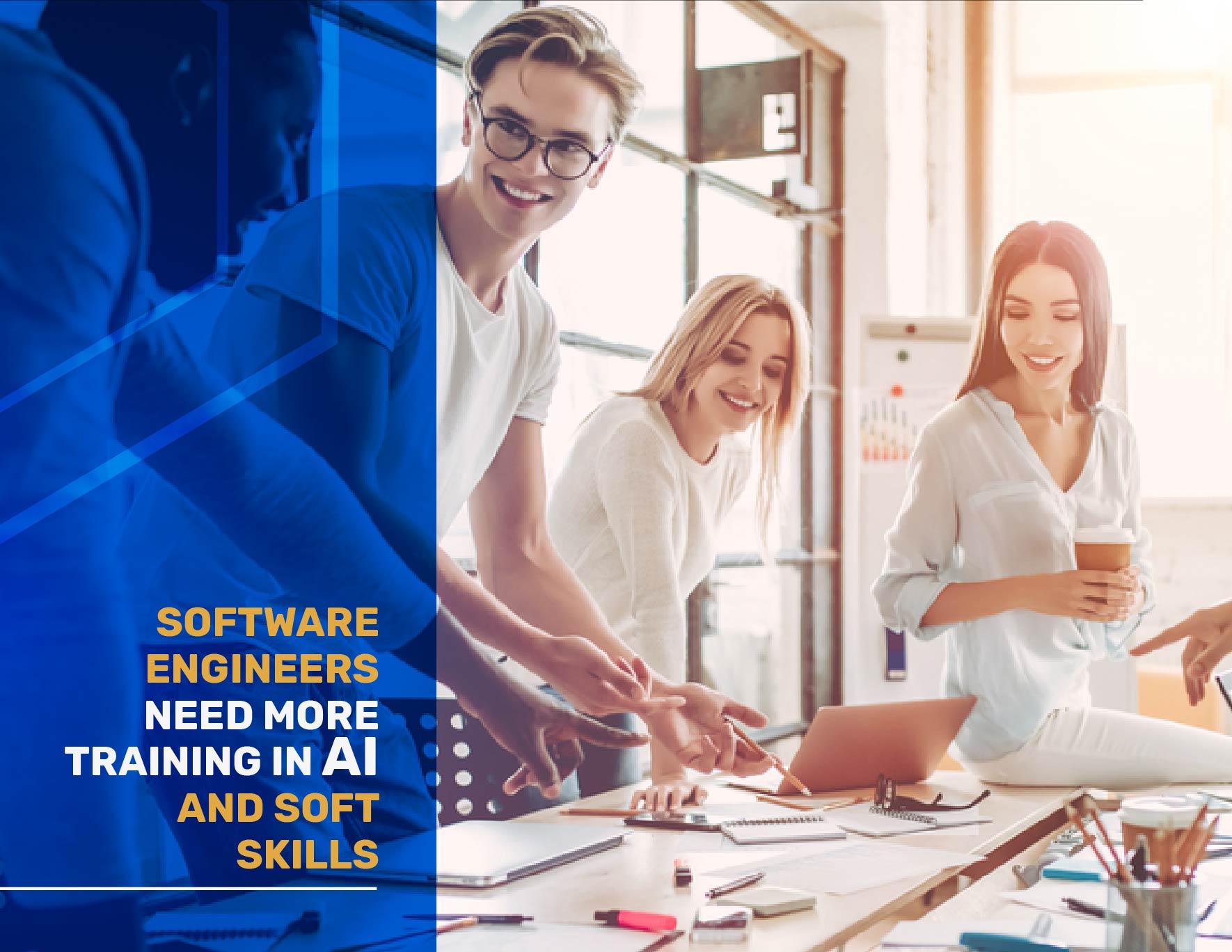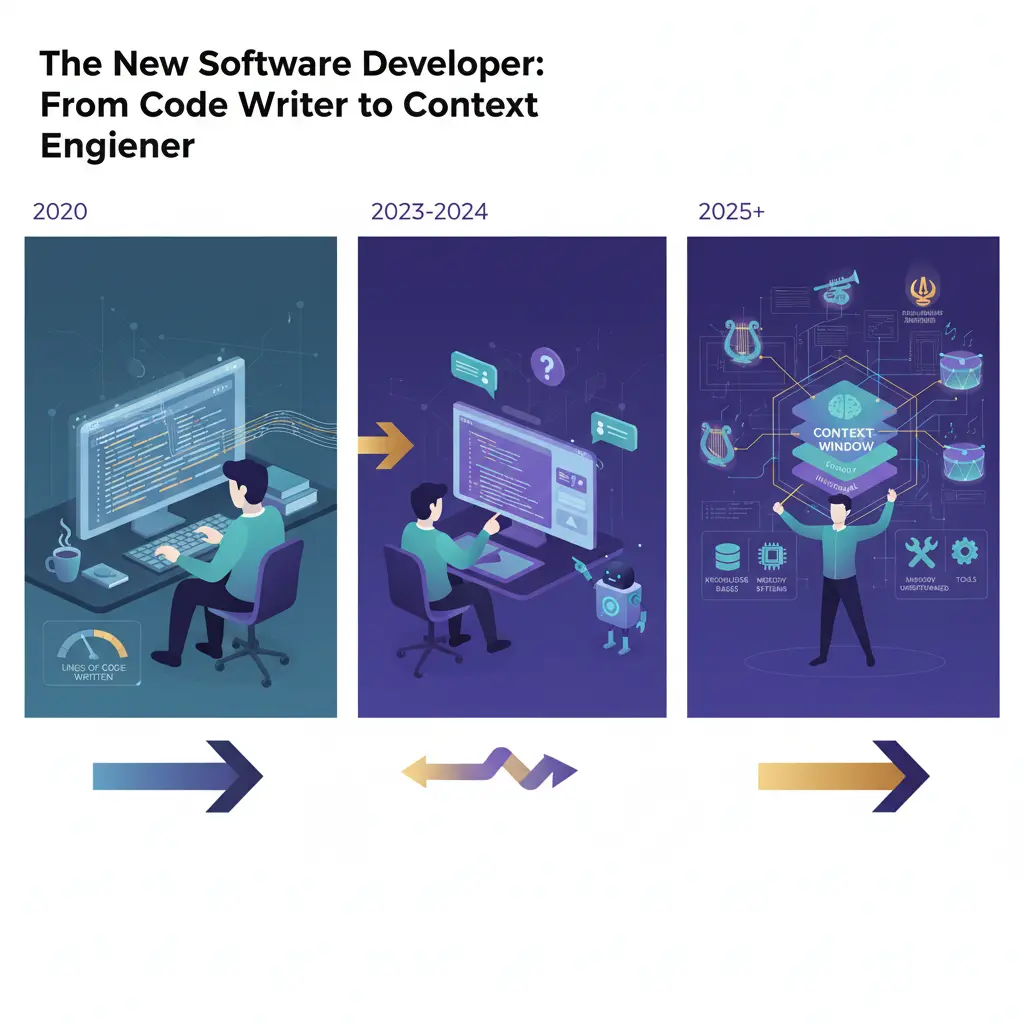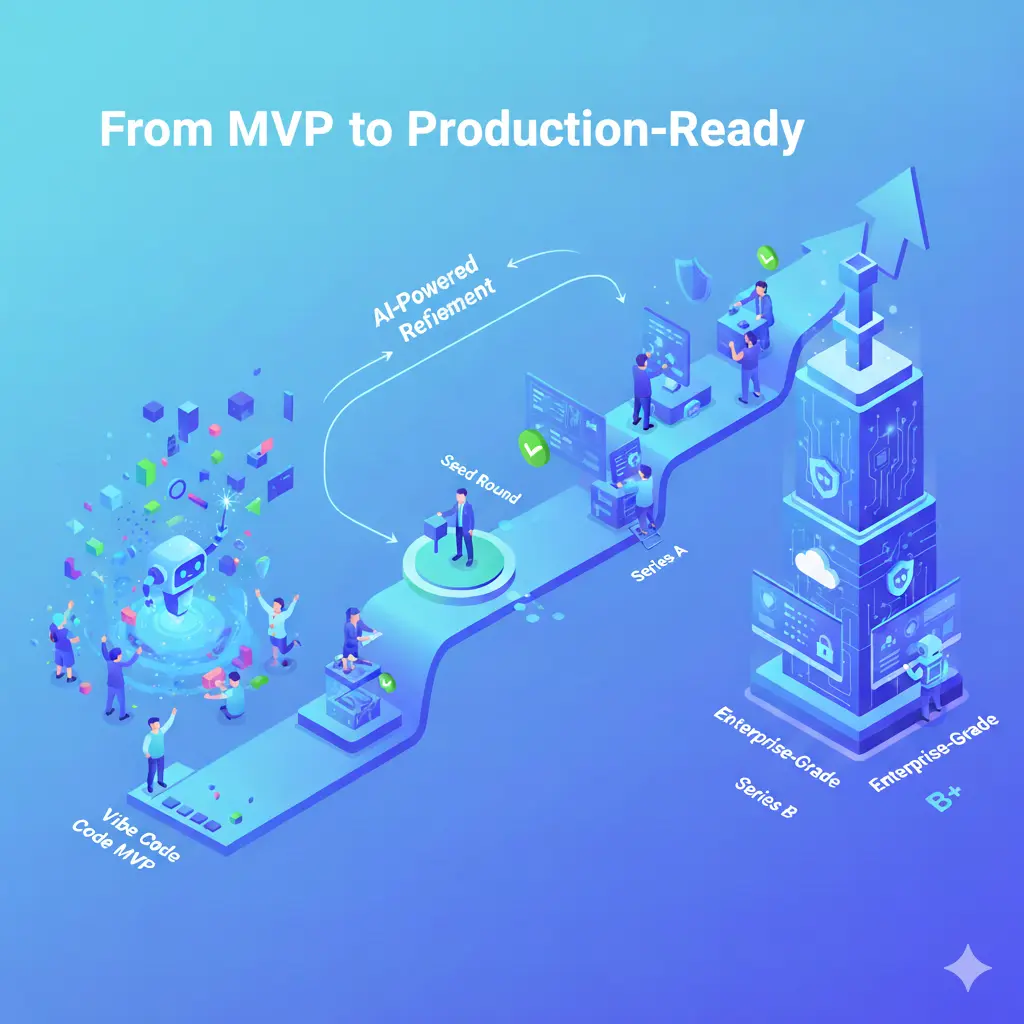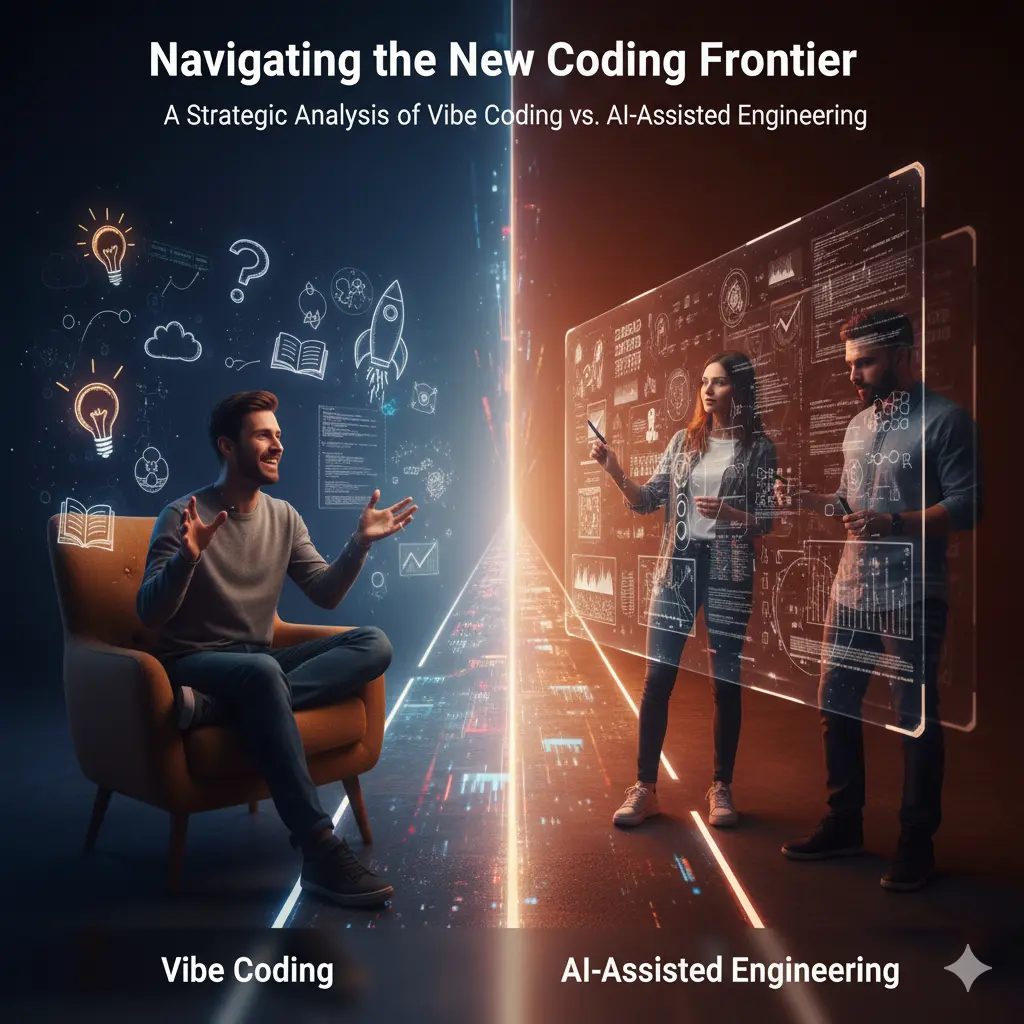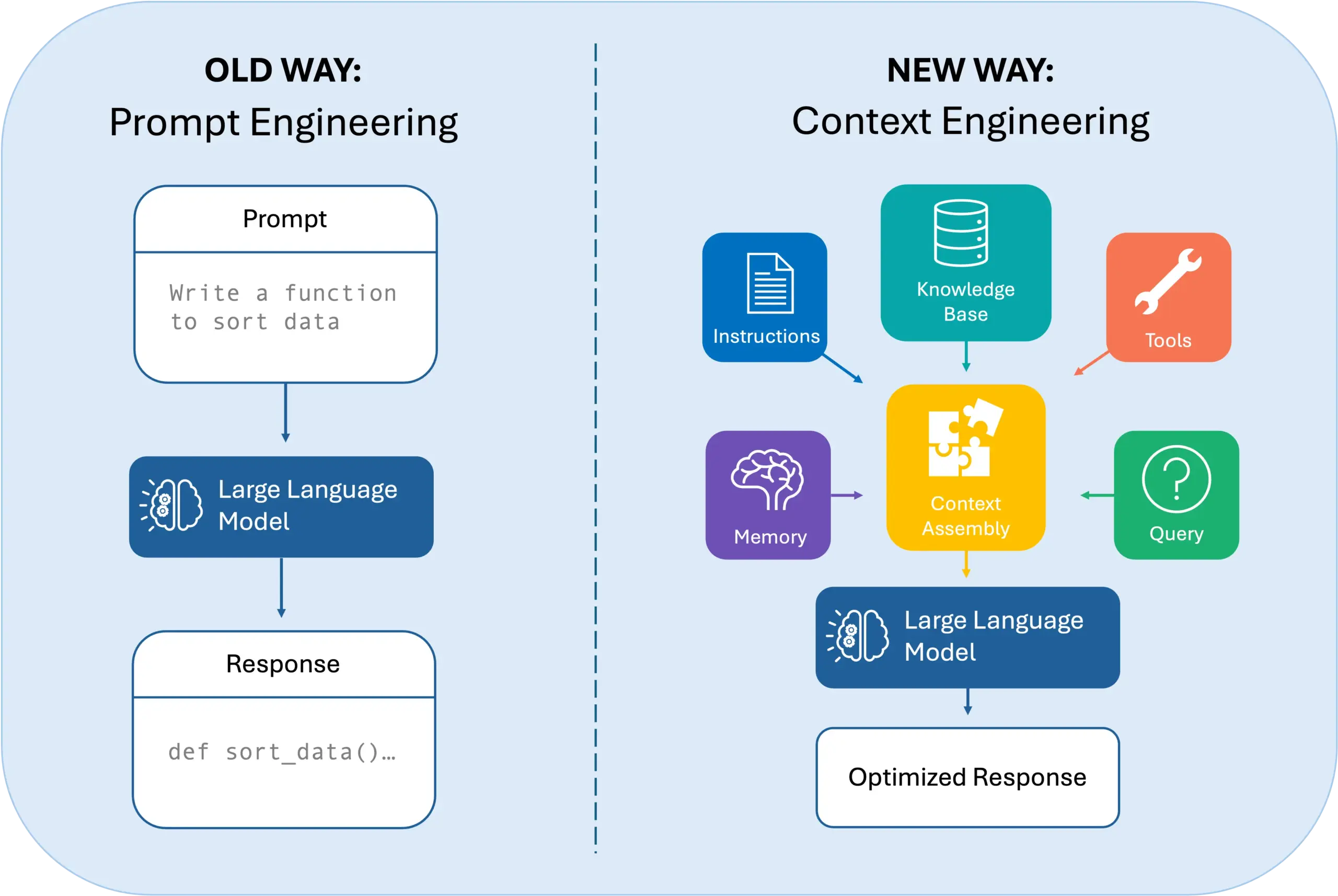According to recent reports, the United Kingdom is lagging in software engineering training to support artificial intelligence (AI) initiatives. Furthermore, a study by IBM showed that specialized technical staff also needs to work more with business managers and have skills such as interpersonal communication, strategic problem solving, and critical thinking, as well as robust and proper AI training.
However, the study found that only 32% of the UK’s technical workforce have received adequate AI training, and only 27% have focused on software engineering. Thus, it is essential to demonstrate soft skills, especially problem-solving, to be more employable. Companies must also offer education and skills related to AI and software engineering. Let’s take a deeper look at why soft skills, along with artificial intelligence, need to be a part of fundamental knowledge for software engineers.
The current approach to artificial intelligence is based on building systems that learn from themselves, becoming experts who model and abstract rules from the data they are fed. These systems improve their accuracy, adapt to the unknown, and expand their capabilities beyond the original programming. The result is that the speed of innovation of AI has led us to see applications with a great notion in a vast number of domains capable of performing tasks that require human intelligence.
This wave of artificial intelligence directly impacts the work of software developers, so the guild needs to be prepared. Developers need to understand these technologies and how they can apply them in the software development lifecycle and the applications themselves.
And it has happened. Another study by IBM shows that developers who have matured in empathy, assertive communication, and active listening stand out with more clever solutions in automation processes associated with Artificial Intelligence. According to a Harvard Business Review take, an IBM team analyzed survey data from more than 200 software developers to determine the traits that made them successful in that role. They expected the most successful to be the most technically competent. However, they found that those who excelled at teamwork, communication, and relationship building were one step ahead of the group.
In particular, IBM found that the most successful technical employees are those who:
Contribute to others: Contributing to the development of others allows technical professionals to share their knowledge and experiences, expanding their impact on the organization for which they work, especially in newer fields of study, like AI.
Work in a complementary way to achieve a common goal with their peers: The most effective technical experts develop working relationships and forge alliances with colleagues to effectively share information and resources essential to the success of a project. For example, in one of the most effective teams in the study mentioned above, software engineers were exceptionally skilled at dividing tasks in a way that would help the group achieve goals as quickly as possible. They focused on who could do each task more effectively even when it meant that some people would have to give more effort and time than others.
Happen to be highly responsive to the needs of their customers: Any software engineer can say how easy it is to focus on the details of a job and lose sight of its ultimate purpose. Instead of simply designing or building to specifications, top technical experts use questions like “How will customers ultimately use this?” and “What is the customer trying to achieve?” to stimulate creative solutions or anticipate unintended consequences. For Artificial Intelligence, another critical question is, “How many processes can we automate effectively with this?”
Artificial intelligence advances by leaps and bounds, and with each update, soft skills become more and more valued, as well as adaptability to change and rapid understanding of new processes and technologies. If you are a software engineer, remember that the balance between your technical training and social abilities could be a key factor in your career development and even contribute to a breakthrough in the field.
